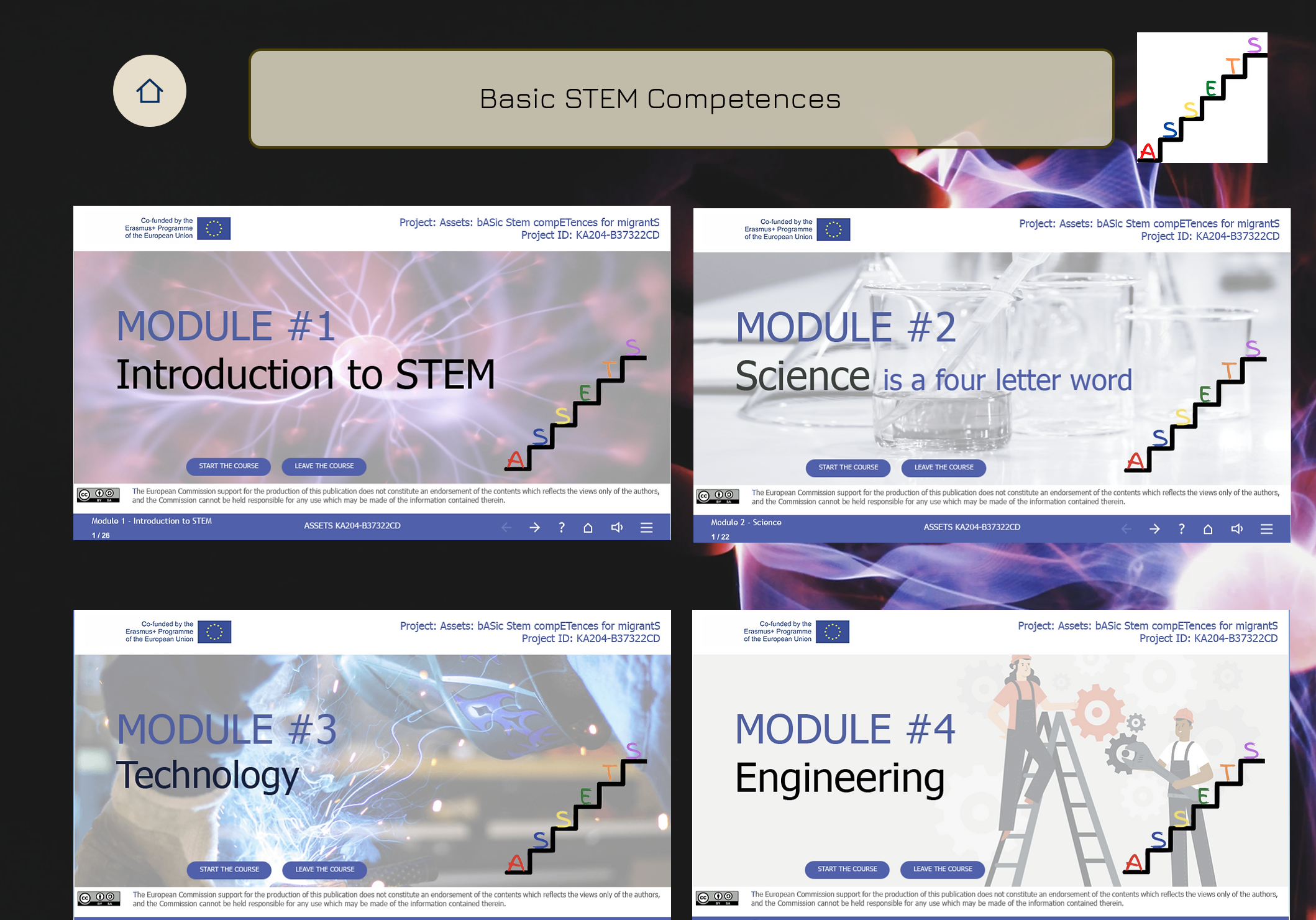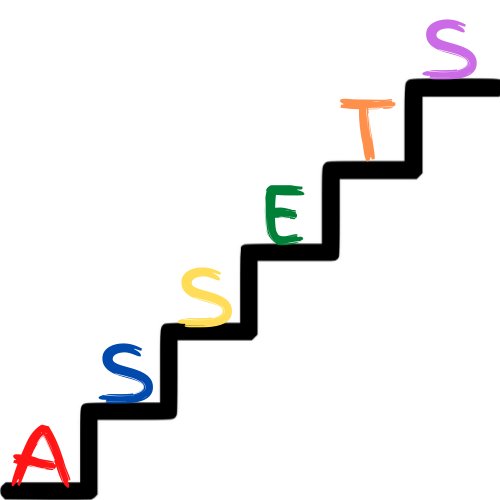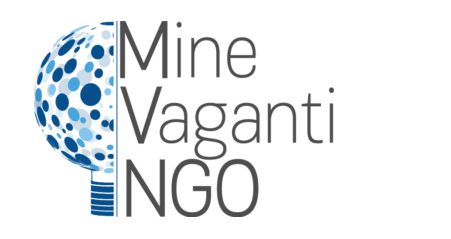ASSETS, a 24-month Strategic Partnership in the Field of Adult Education, recognized the significance of Science, Technology, Engineering, and Mathematics (STEM) skills for migrants seeking to improve their career prospects in the European Union (EU). The project aimed to promote the development of relevant and high-quality STEM skills and competences among migrants, whether they were seeking employment as employees or planning to establish their own businesses.
The overarching objective of ASSETS was to enhance the social inclusion of migrants in EU countries by empowering them with the necessary competencies to enter the job market successfully. The project focused on two main target groups: adult educators, trainers, and social workers who work directly with migrants, and migrants themselves aged 21 and above who faced challenges in terms of job access.
To achieve its goals, ASSETS employed an innovative approach to upskilling in STEM for both target groups. The project utilized interdisciplinary methods and aimed to develop new pathways for acquiring STEM skills. This was accomplished through a series of activities, including transnational meetings, intellectual outputs, training sessions, and multiplier events.
The efforts of the ASSETS project were based on relevant data and assumptions. One key challenge identified was the need to overcome language barriers and facilitate the recognition of qualifications, as these were crucial for the socio-economic inclusion of migrant workers in the EU labor market. Additionally, there was a growing demand for STEM skills among employers in various sectors, emphasizing the importance of systemic and critical thinking. Furthermore, the project took into account the latest available data from the OECD’s PISA test, which revealed below-average scores for the countries involved in the partnership, except for Germany. This highlighted the need to innovate and revitalize current methodologies for the development of STEM skills and knowledge.
Over the course of 24 months, ASSETS aimed to deliver several outcomes and outputs. These included the development of a “State of Art” report on migrants’ access to the labor market, which focused on the challenges faced by adult migrants. The project also created a training format titled “Migrants and STEM,” which was piloted during short-term joint staff training events. This training format consisted of three modules: ASSETS motivational content, ASSETS mapping of STEM-related careers, and ASSETS content knowledge.
Furthermore, ASSETS organized local workshops that specifically targeted STEM competences, encouraging active participation from migrants. During these workshops, e-training materials were produced, and an interactive online platform called “Enhancing migrants through STEM competence” was developed. The platform aimed to provide migrants and social workers with access to specific modules that focused on the effectiveness of the ASSETS learning methodology.
The ASSETS project demonstrated a proactive approach to addressing the needs of migrants in the EU by recognizing the value of STEM skills in enhancing their employability and social inclusion. Through its innovative methodologies and collaboration with various stakeholders, ASSETS aimed to empower migrants and equip them with the competences necessary to succeed in the job market and contribute to the EU’s socio-economic growth.







